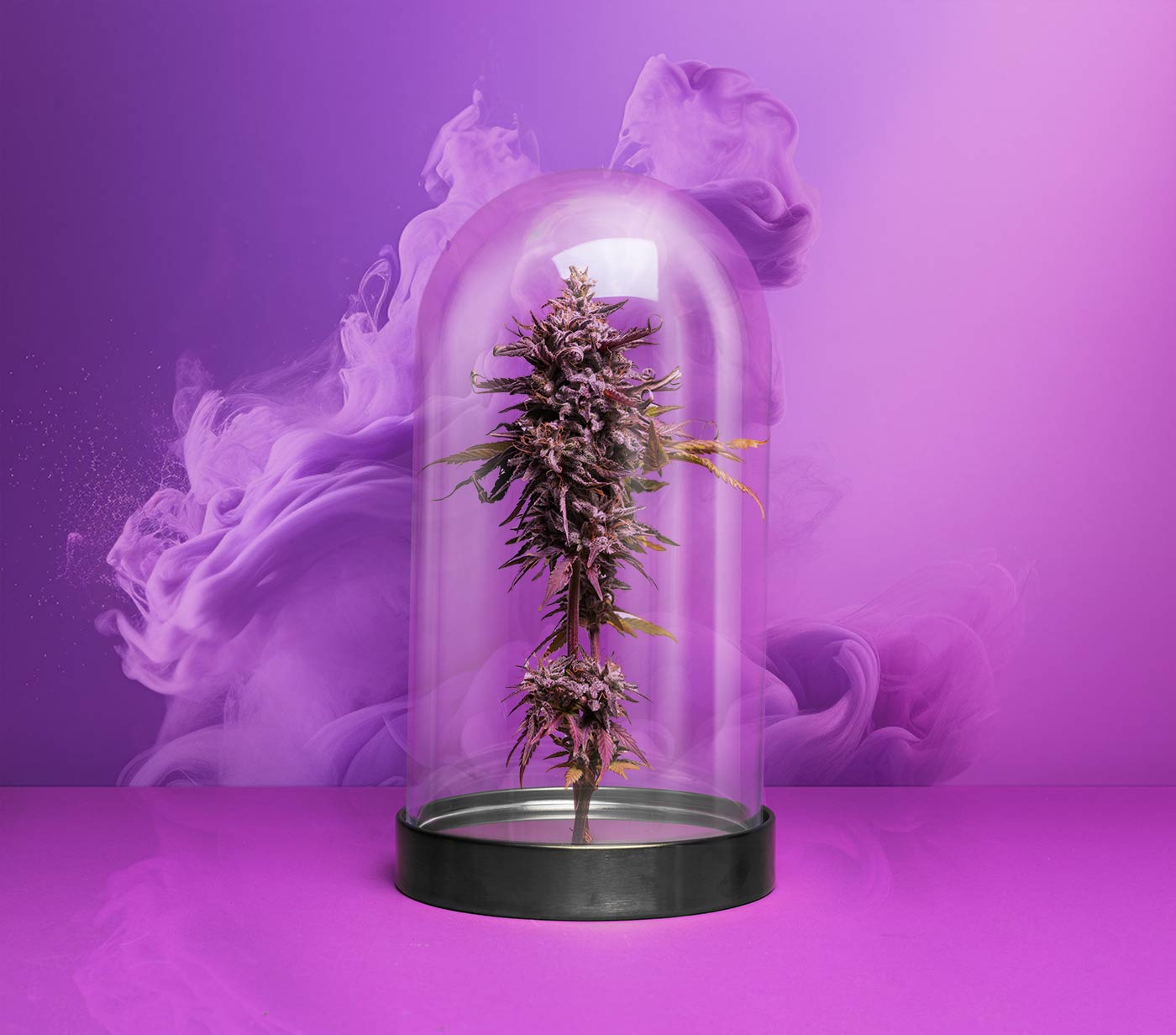Cannabis Use Guidelines

- In Denver, marijuana use is only legal for individuals 21 years or older. Research shows that the tetrahydrocannabinol (THC) in marijuana can harm the developing brain and cause problems even after marijuana use ends. For this reason, it is not recommended that youth or adolescents even consider using marijuana until after 21 when the brain is fully mature. The later cannabis use is initiated, the lower the risks will be for adverse effects on the user’s general health and welfare throughout later life.
- Novice patients should avoid using high THC-content products since these products are generally associated with higher risks of various (acute and chronic) mental and behavioral problem outcomes. Users should know the nature and composition of the cannabis products that they use, and ideally use cannabis products with lower THC content. Given the evidence of CBD’s attenuating effects on some THC-related outcomes, it is advisable to use cannabis containing high
CBD:THC ratios. - Regular inhalation of combusted cannabis adversely affects respiratory health outcomes. It is generally preferable to avoid routes of administration that involve smoking combusted cannabis material (e.g., by using vaporizers or edibles). Use of edibles eliminates respiratory risks.
- Those users who choose to consume via inhalation should avoid practices such as “deep inhalation” or breath-holding to increase psychoactive ingredient absorption when smoking cannabis, as these practices disproportionately increase the intake of toxic material.
- Driving while impaired from cannabis is associated with an increased risk of involvement in motor-vehicle accidents. It is recommended that users refrain from driving (or operating other machinery or mobility devices) for at least 6 hours after using cannabis. This wait time may be adjusted depending on the user and the properties of the specific cannabis product used.
- The use of both cannabis and alcohol results in multiply increased impairment and risks for driving, and categorically should be avoided.
- There are some populations at probable higher risk for cannabis-related adverse effects who should refrain from using cannabis. These include individuals with predisposition for, or a first-degree family history of, psychosis and substance use disorders, as well as pregnant women (primarily to avoid adverse effects on the fetus or newborn).
Research and education information courtesy of Holos Health | Dr. Joseph Cohen, D.O.